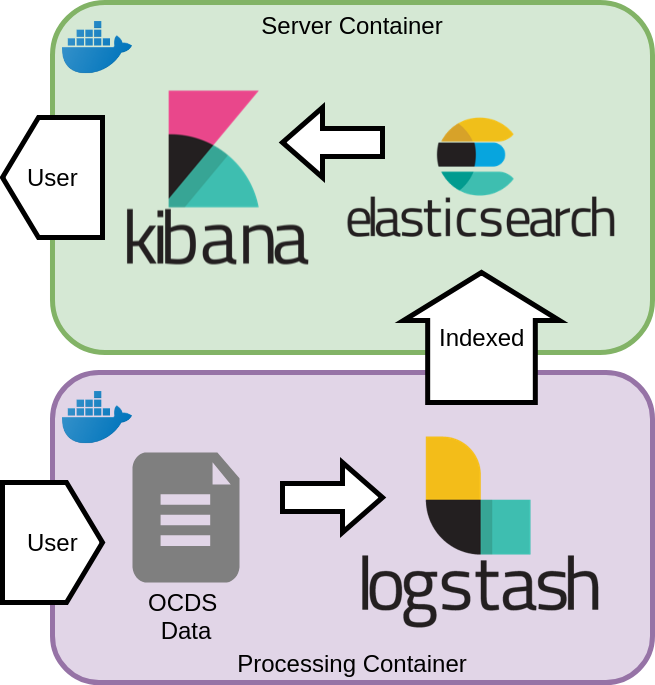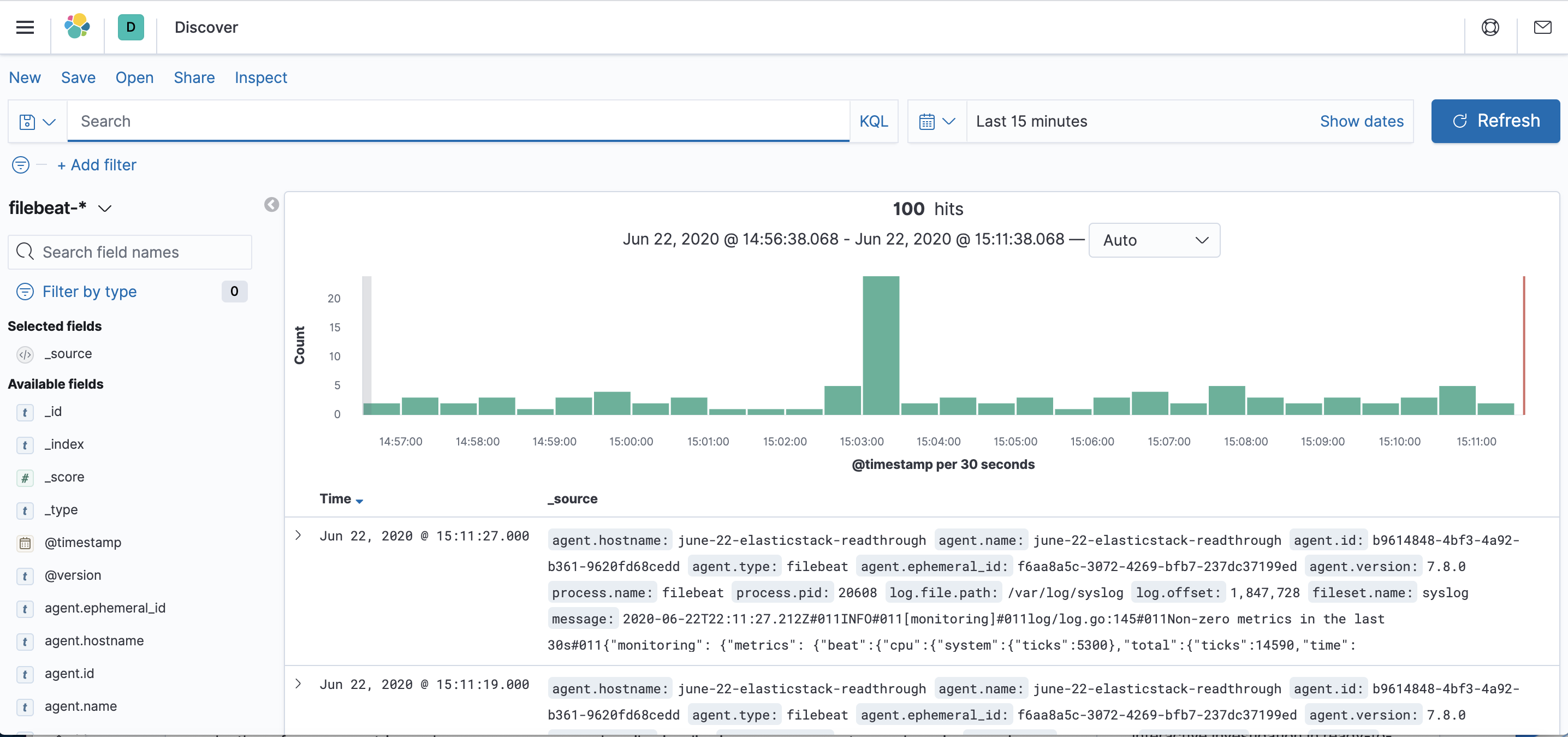- Docker Kibana Server Basepath
- Docker Compose Kibana Install Plugin
- Kibana Docker Install Plugin
- Docker Kibana Server.host
- Kibana Guide: other versions:
- Set up
- Install Kibana
- Configure Kibana
- Upgrade Kibana
- Configure monitoring
- Configure security
- Production considerations
- Task Manager
- Discover
- Search your data
- Dashboard
- Create panels with editors
- Create custom dashboard actions
- Canvas
- Canvas expression lifecycle
- Canvas function reference
- Maps
- Vector layer
- Plot big data
- Search geographic data
- Import geospatial data
- Machine learning
- Graph
- APM
- Get started
- How-to guides
- Users and privileges
- REST API
- Elastic Security
- Dev Tools
- Profiling queries and aggregations
- Stack Monitoring
- Stack Management
- Alerts and Actions
- Field management
- Security
- Snapshot and Restore
- Reporting
- Reporting configuration
- Alerting and Actions
- Actions and connectors
- Alerts
- REST API
- Kibana spaces APIs
- Kibana role management APIs
- Saved objects APIs
- Alerts APIs
- Action and connector APIs
- Import and export dashboard APIs
- Logstash configuration management APIs
- Upgrade assistant APIs
- Release notes
- Kibana 7.12.0
- Developer guide
- Getting started
- Best practices
- Architecture
- Contributing
- External plugin development
- Advanced
- List of Kibana plugins

Docker Kibana Server Basepath

Congratulations, you learnt how to install InfluxDB 1.7.x, Telegraf and Grafana using Docker. As you probably realized, this tutorial focuses on a fully customizable installation of your images. If you want to automate your container setups, it might be a good idea to use docker-compose. A simple but relatively insecure way would be to use the -net=host option to docker run. This option makes it so that the container uses the networking stack of the host. Then you can connect to services running on the host simply by using 'localhost' as the hostna.
Most Popular
Docker Compose Kibana Install Plugin

Make sure that you have Docker and Docker Compose installed Windows or macOS: Install Docker Desktop; Linux: Install Docker and then Docker Compose; Download some or all of the samples from this repository. Running a sample. The root directory of each sample contains the docker-compose.yaml which describes the configuration of service. Kibana's plugin management script (kibana-plugin) is located in the bin subdirectory, and plugins are installed in installedPlugins. Kibana runs as the user kibana. To avoid issues with permissions, it is therefore recommended to install Kibana plugins as kibana, using the gosu command (see below for an example, and references for further details). In order to install Prometheus on Docker, you will need to have sudo rights on your host. If you are not sure about it, run the following command $ sudo -v 1. Installing Docker on Ubuntu. Before installing Prometheus on Docker, it is important that Docker is already correctly installed and configured on your instance.
Hosted Kibanaedit
If you are running our hosted Elasticsearch Service on Elastic Cloud, you access Kibana with a single click. (You can sign up for a free trial and start exploring data in minutes.)

Install Kibana yourselfedit
Starting with version 6.0.0, Kibana only supports 64 bit operating systems.
Kibana is provided in the following package formats:
| The The Install from archive on Linux or macOS or Install on Windows |
| The |
| The |
| Images are available for running Kibana as a Docker container. They may bedownloaded from the Elastic Docker Registry. |
| Formulae are available from the Elastic Homebrew tap for installing Kibana on macOS with the Homebrew package manager. |
Kibana Docker Install Plugin
If your Elasticsearch installation is protected byElastic Stack security features seeConfiguring security in Kibana foradditional setup instructions.
Docker Kibana Server.host
Most Popular
